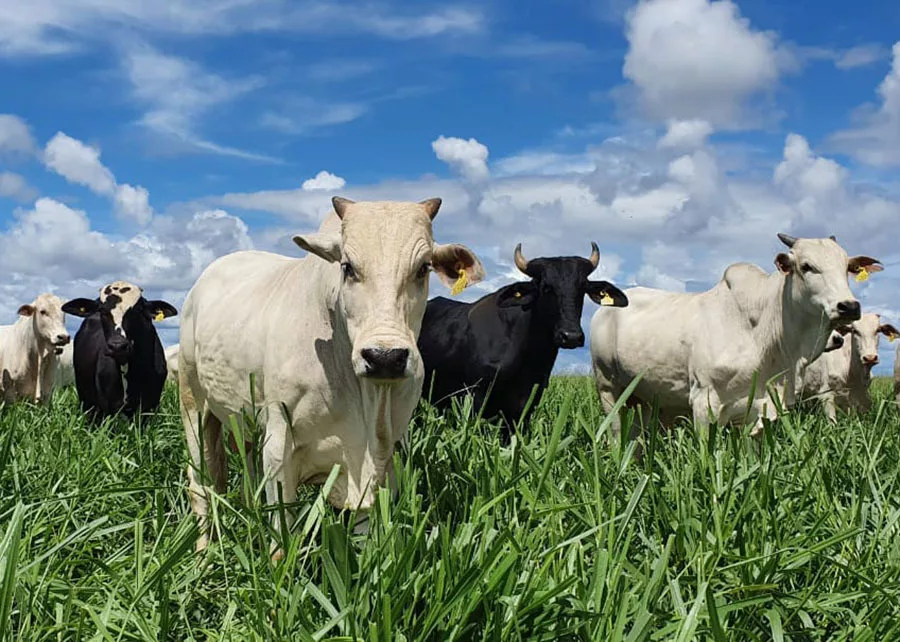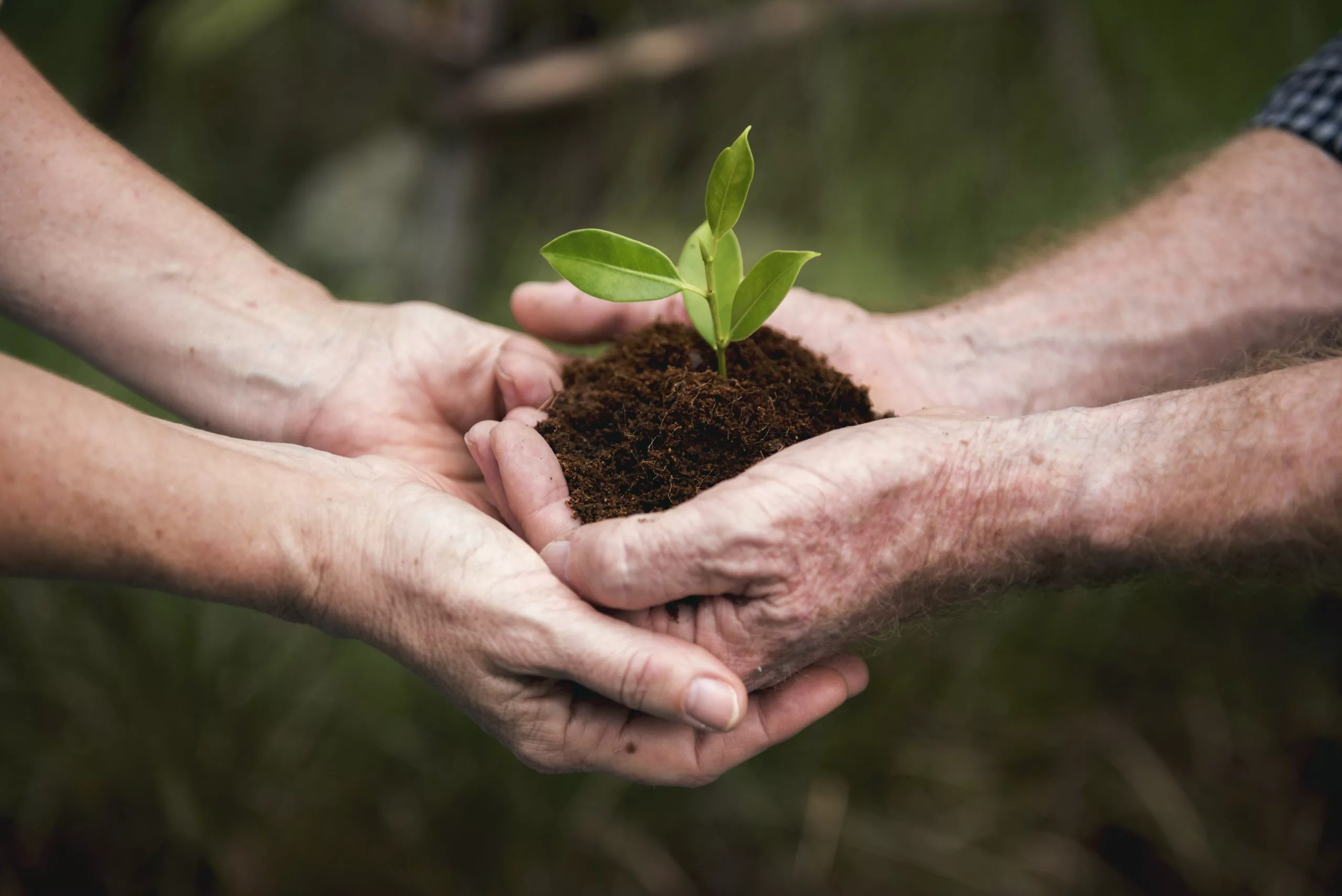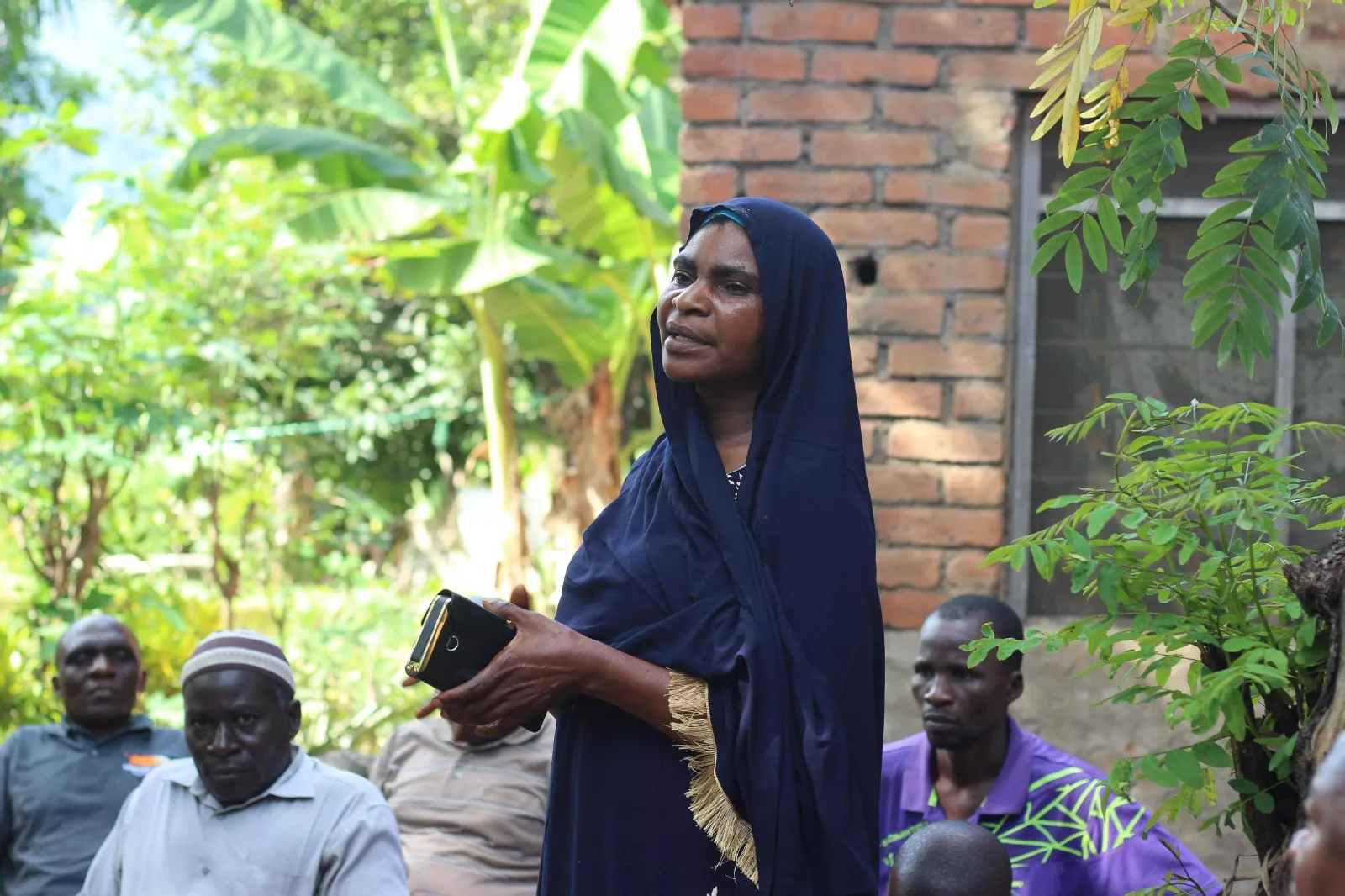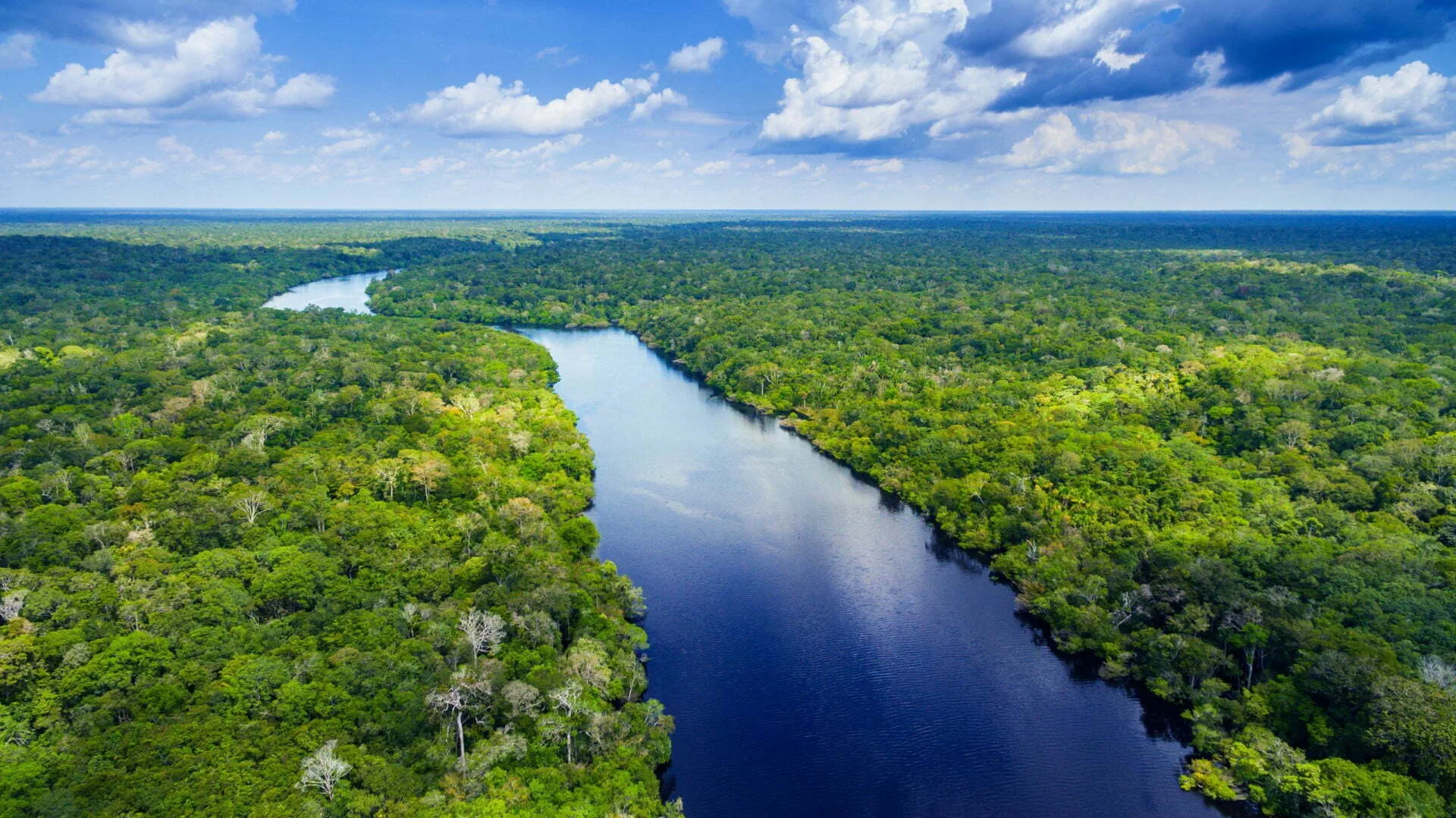
The IDH (Initiative for Sustainable Trade), Carrefour Group Brazil and CNA (Confederação da Agricultura e Pecuária do Brasil) announced this week a tool to support Brazilian ranchers for sustainable production, from calves to final consumers.
The initiative offers technological solutions to speed sustainable models adoption over the livestock chain, ensuring consumers to be aware about socio-environmental features of products.
The Protocol for Sustainable Calves Production is a set of procedures that provides instructions on calves’ production with socio-environmental responsibility, since the birth until slaughtering practices.
The plan is available for breeding farms in all Brazilian biomes and aims to ensure identified animals from birth, as well, socio-environmental compliance. The protocol previews continuous improvement and gain scale in the coming years.
“This is something that has never been done on this scale and format. We are taking into account rancher´s point of view in order to understand what is feasible. It is a voice from the field to the market”, explains Daniela Mariuzzo, executive director of IDH Brazil and the Sustainable Landscapes Program in Latin America.
Case
The Protocol was drawn up from the Program for Sustainable Production of Calves, developed since 2019, in Mato Grosso, with investments of 1.9 million euros from Carrefour Group Brasil and 1.6 million euros from IDH.
The goal for 2022 is to provide technical, financial and environmental assistance to 557 producers, totaling more than 190,000 head of cattle, 210,000 hectares of pastures and about 188,000 hectares of conserved area in the Amazon, Cerrado and Pantanal biomes, in Mato Grosso.
As a result, in July 2021, the first batch of 100% deforestation-free meat was sold, tracked from the birth of the calf to Carrefour supermarket shelf and, above all, at an affordable price.
Producer
Brazilian producers play a key role for building solutions. Due to that, the tool was created placing the cattle rancher as the protagonist on sustainability at global level.
The coordinator of Traceability Protocols at CNA, Paulo Costa, guarantees security standard regarding producers’ strategic information.
“By validating information with official data from Ministry of Agriculture, CNA verifies guarantees established in the protocol are being met, without exposing ranchers strategic information”, said Paulo.


![24 Dec. 2023- Shirqat – Iraq – Ahmed Turki Naif, One of the beneficiaries of the training courses on modern agricultural methods in Shirqat is married and a father of two daughters, benefited from the project by adopting pivot sprinklers and drip farming after benefiting from the training course. his fealed work is growing barley, […] 24 Dec. 2023- Shirqat – Iraq – Ahmed Turki Naif, One of the beneficiaries of the training courses on modern agricultural methods in Shirqat is married and a father of two daughters, benefited from the project by adopting pivot sprinklers and drip farming after benefiting from the training course. his fealed work is growing barley, […]](https://planetacampo.canalrural.com.br/wp-content/uploads/sites/9/2025/02/undp_iq_dsc06266-scaled-1.webp)



